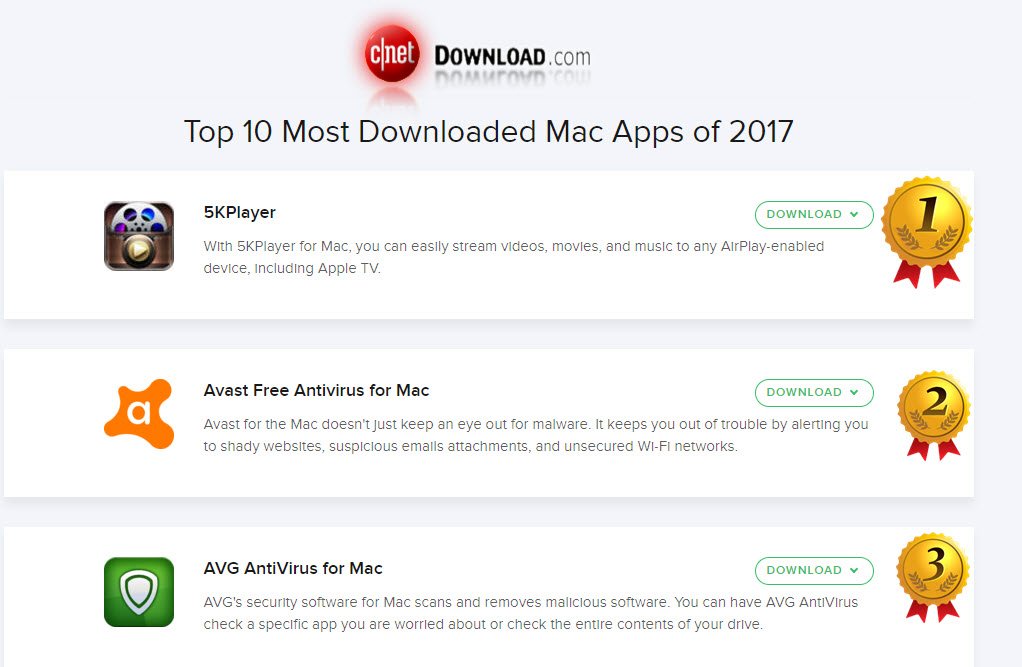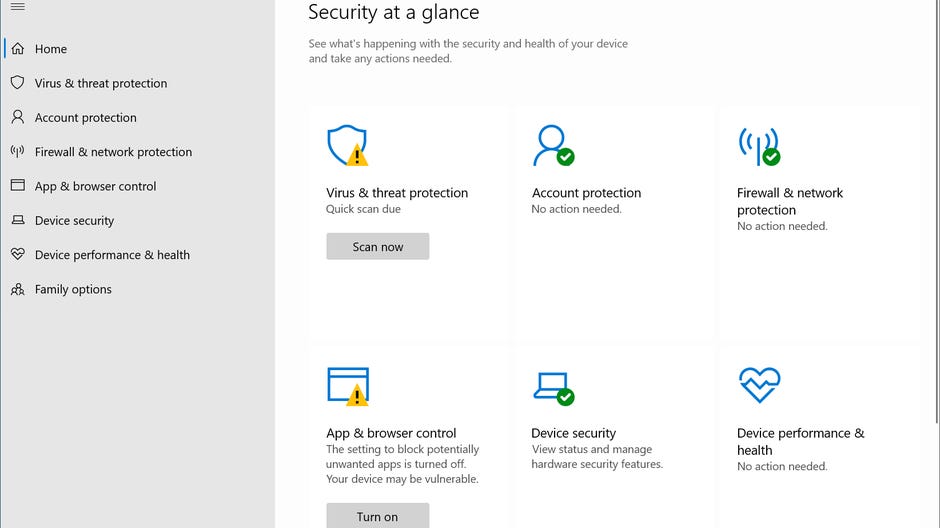
- #Avast fee antivirus for mac cnet how to
- #Avast fee antivirus for mac cnet for mac
- #Avast fee antivirus for mac cnet mac os
- #Avast fee antivirus for mac cnet install
- #Avast fee antivirus for mac cnet software
#Avast fee antivirus for mac cnet for mac
However, there currently is a limit as to what is practical for Mac users. Forget the notion that Macs can't get viruses and attacks they absolutely can, even though the numbers of threats are low, and it's better to be safe than sorry. My current recommendation for people concerned about malware threats is to have a reputable scanner that you keep regularly updated with the latest malware definitions. Just having an e-mail address set up in a mail client may eventually have that address spammed with solicitations and malware, and if your e-mail client is set up to automatically download attachments then malware can be easily put on your system.
#Avast fee antivirus for mac cnet software
The risk is higher if you connect to file-sharing networks, visit software pirating and other underground Web sites, or connect to numerous social networks, than if you keep communications limited to groups you know and trust however, malware can make its way to your system even if you never contact anyone. The more you accept and open files from people online (especially from anonymous users), the more you will need to be prepared against potential threats.
#Avast fee antivirus for mac cnet how to
Though having computer "street smarts" and knowing how to avoid threats is the best defense against attacks, the use of antivirus software is a good second measure to take, especially given the increasing target that OS X is becoming for malware developers, and the increase in communication between computers with file-sharing services and social networking.Īs with any setup, your needs for antivirus software will depend on your computer uses. In recent years, malware targeted for OS X has included (aka, "DNSChanger"), which caused system's DNS servers to switch to malicious ones that could make legitimate URLs point to servers run by hackers, and Leap-A (aka, "Oompa Loompa"), which was distributed in pirated versions of iWork and spread itself to users' contacts via iChat without them knowing.

While most attempts at this appear to be unsuccessful, hackers are continually trying.

#Avast fee antivirus for mac cnet install
Trojan horses have the potential to be just as malicious as viruses by deleting files, breaking down security measures, and stealing personal information, but unlike viruses and worms they require the user to first install or otherwise enable them so they can run.īe it characterized as a virus, worm, or Trojan horse, all malware has the potential to break down system security measures, steal personal information, corrupt or delete files, or turn your computer into a communications node for hackers (aka, "botnets"). These types of attacks are serious threats that can lead to data loss, crashing, and theft of confidential information, but luckily most operating systems have safeguards that make it difficult (though not impossible) for viruses and worms to propagate.Īs a result of this difficulty, malware developers tend to take the easier route and try to trick users using Trojan horse malware or phishing schemes. Similar to viruses, computer "worms" have the same replicating behavior as viruses with the exception that they exist as standalone applications instead of tagging along embedded in files. When the files are read, the virus continues to spread throughout the system and over networks or physical media to other systems. A true computer virus is defined by having the ability to self-replicate and infect specific programs or files with little or no direct input from the user. There are three main types of malware: viruses, worms, and Trojan horses.
#Avast fee antivirus for mac cnet mac os
As the Mac OS becomes more popular, hackers and malware developers will undoubtedly begin to target the platform more and more. to be one of the fastest growing, leaving the company just shy of 10 percent market share by some estimates. Recent reports have shown Apple's market share in the U.S. Though it is true that OS X has been relatively free of viruses and other malware, in large part this has been because the small Mac market share has made the platform an insignificant target for malware developers however, the landscape is steadily changing. Readers periodically ask about antivirus recommendations for OS X, especially given some of the past rhetoric about Macs not having any viruses.


 0 kommentar(er)
0 kommentar(er)
